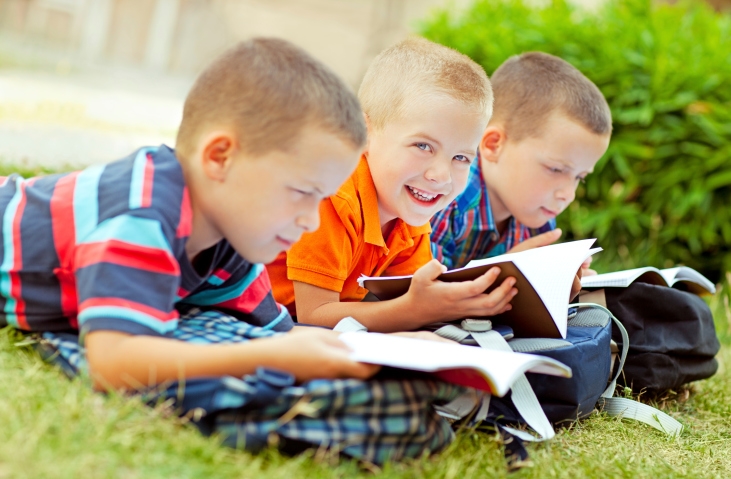blog post
teaching your kids how to be a good friend

“Life’s better with company,” advised George Clooney in the 2009 movie “Up In the Air.” That short phrase summarized thousands of psychological studies on what makes people happy. Life is a journey about relationships.
We spend most of our lives mindlessly accumulating things and planning for tomorrow. In moments of quiet reflection or perhaps when confronted with a serious illness or tragedy, we refocus on what matters. Life is about a gentle hug, a kind word, a warm presence, a genuine compliment, and a sense that you matter to someone else.
It’s hard to overestimate the importance of childhood friendships. I just read a study that kept track of 267 diverse kids from the Pittsburgh area from the time they were 6 to 9 years of age until they were in their thirties. Kids who spent more time with friends as youngsters had lower blood pressure and more appropriate weight as adults. The impact of social relationships begins in childhood and resonates throughout our lives.
Relationships may be important, but they don’t develop easily or naturally. Relationships can involve conflict and criticism, as well as caring and compassion. It’s easier for parents to spend time on helping their children study for a spelling test than in guiding them in developing good friendships.
Friendships among kids aren’t very different than adult relationships. Here are a few critical skills that matter.
- Show caring. Behavior means more than words. Friends care about each other, and demonstrate that in a variety of ways. This doesn’t come naturally to kids, many of whom are very egocentric. Help kids understand the importance of being kind and respectful. Children are not always careful or precise in their words. Pay attention and provide feedback to your youngster on the words and tone of voice he uses with others.
- Communicate in a genuine way. It’s fun to watch children interact with each other. They talk a lot and wait for pauses in the conversation to begin speaking again. Friendships are not only about talking but also about listening and understanding. Kids are more adept at the former than the latter. The dinner table is a great place for kids to learn how to solicit information about others’ lives and perspectives. Good friends are superb at asking questions to provoke conversations.
- Resolve conflicts. Friendships come with conflict. I’ve had many kids tell me that they broke up with a friend because they “got in a fight.” Challenge that perspective. Friendships aren’t disposable. Help your kids learn how to resolve disagreements, accept perspectives other than their own, and apologize.
Good friendships are an important predictor of your child’s happiness in life. Pay as much attention to those relationships as you do to your child’s academic success.

